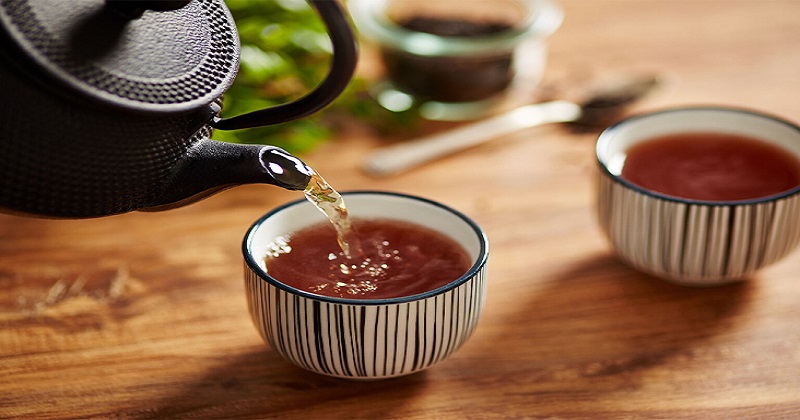
According to a new study, adding folate or vitamin B12 to tea may counter the high levels of anaemia and neural tube defects associated with widespread nutritional deficiencies among Indian women. The study was published in the online journal ‘BMJ Nutrition Prevention and Health’. India’s women of childbearing age consume a poorly balanced diet, resulting in chronic folate and vitamin B12 deficiency. Several countries have successfully fortified flour with folate to prevent neural tube defects, but logistical challenges make this a difficult process in India.
Around 70 per cent of the population lives in rural villages, where cereal grain is usually grown, milled, and purchased locally. There are significant differences in diets according to cultural, religious, and ethnic differences and beliefs. In India, tea is the most popular beverage next to the water. It is cheap and largely grown and processed in the highlands of only four states: Assam, West Bengal, Tamil Nadu, and Kerala. These water-soluble vitamins could, therefore, be fortified in one daily cup, the researchers thought.

The researchers divided 43 young women (average age 20) from Sangli in the state of Maharashtra into three groups. Group 1 (nineteen women) and group 2 (19 women) were given therapeutic doses of folate plus 0.1 mg vitamin B12 or 0.5 mg vitamin B12, while group 0 (five women) received unfortified teabags for the duration of the study. The serum vitamin and haemoglobin levels of the participants were compared at the beginning and end of the study.
At the beginning of the study, most women had anaemia and low to normal serum folate and vitamin B12 levels. In groups 1 and 2, serum folate levels increased significantly by 8.37 and 6.69 ng/ml, respectively, compared with a rise of 1.26 ng/ml in group 0. More than half of the women in group 1 and two-thirds of the women in group 2 had serum vitamin B12 levels exceeding 300 pg/ml. Group 1 and 2 showed a rise in average haemoglobin levels of 1.45 g/dl and 0.79 g/dl, respectively.

As this is a feasibility study involving a small number of participants, larger comparative studies are required before any firm conclusions can be drawn, said the study authors. However, they suggested that fortified tea may also be used as a therapeutic dose of folate and vitamin B12 for those with borderline or low levels; and as a lower (maintenance) dose for those whose diets are nutritionally inadequate.
Read more: Man crosses border to marry Bangladeshi woman: Arrested on return
As a vehicle for fortifying tea in India with folate and vitamin B12, tea has the potential to help eliminate haematological and neurological complications related to inadequate dietary consumption or absorption of folate and vitamin B12.

Post Your Comments